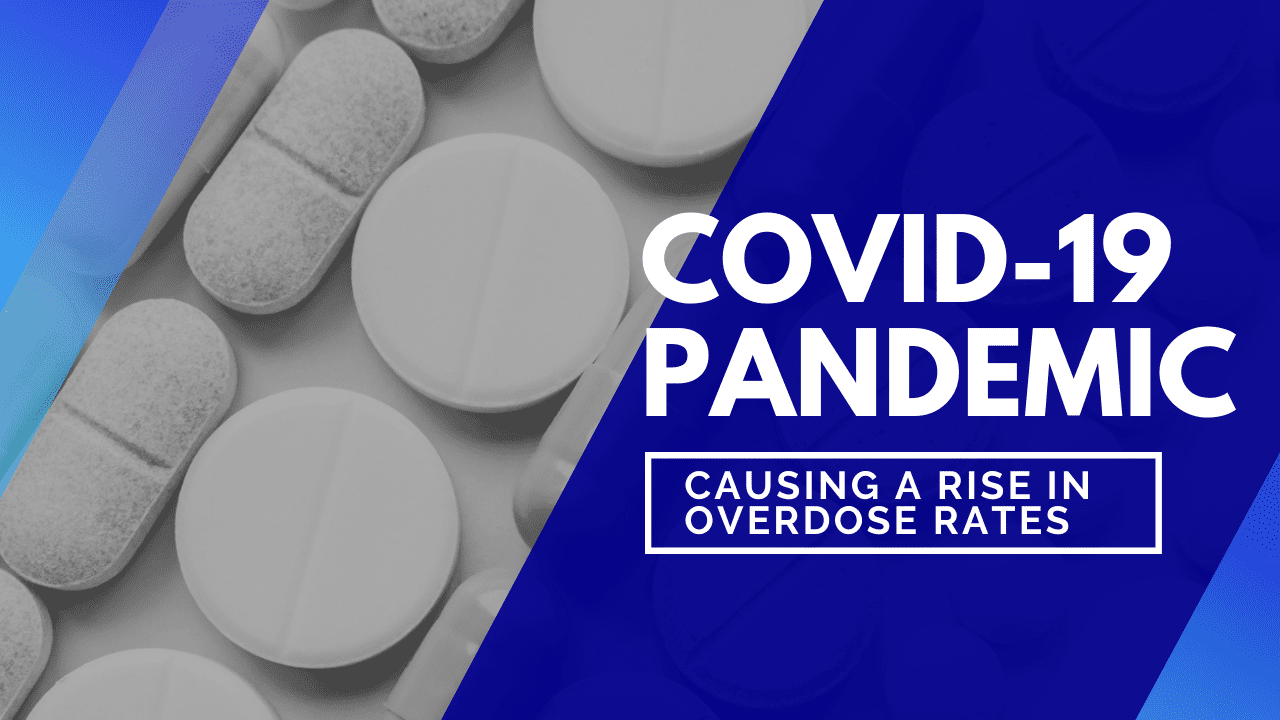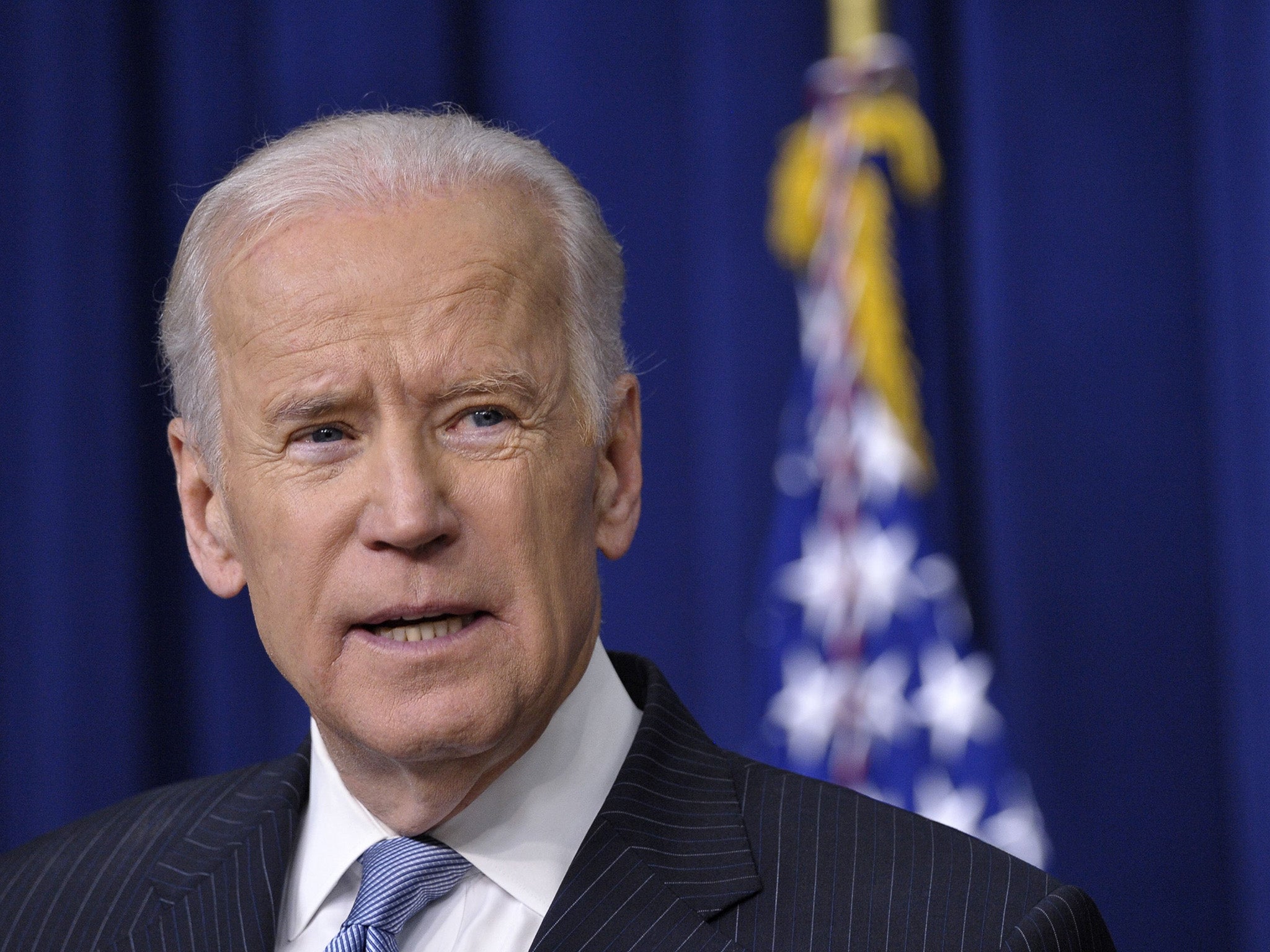
Excellent article by Jim Brunner of the Seattle Times reports that a legal-aid group in Washington state has sued the state Department of Corrections, demanding that all state prison inmates immediately receive COVID-19 vaccines.
The class-action lawsuit filed in Thurston County Superior Court by Columbia Legal Services also seeks an order banning direct contact with incarcerated people by DOC employees and contractors who refuse vaccines.
The lawsuit claims the state’s refusal to promptly vaccinate about 15,000 inmates violates the U.S. Constitution’s ban on cruel and unusual punishment. It also claims the coronavirus infection rate in prisons is more than eight times higher than in the general population.
According to the article, since the pandemic began in March 2020, more than 6,000 inmates have tested positive for COVID-19 and 14 people have died, department officials said. More than 1,000 workers have tested positive and two have died.
Department of Corrections spokesperson Jacque Coe said the agency will continue to follow the state Department of Health’s (DOH) published vaccine phase schedule. Coe said the schedule would allow for vaccinations for “all incarcerated individuals and staff in corrections facilities, based upon supply of the vaccine received” as of March 31.
“We will be working with the Office of the Attorney General to assess and respond to the lawsuit by Columbia Legal Services.” ~ Department of Corrections Spokesperson Jacque Coe.
The lawsuit names plaintiffs Washington Corrections Center for Women in Gig Harbor inmate Candis Rush, Clallam Bay Corrections Center inmate Gregory Steen and Monroe Corrections Center inmate Justin Autrey. They claimed that prison employees do not follow social distancing guidelines and have refused vaccinations.
Columbia Legal attorney Tony Gonzalez said the Department of Corrections should work with “authentic, respected voices in the community to help spread accurate information and build trust around the vaccine.”
My opinion? Excellent. I hope the lawsuit gets somewhere. Incarcerated people are infected by the coronavirus at a rate more than five times higher than the nation’s overall rate, according to research reported in the Journal of the American Medical Association. The death rate of inmates (39 deaths per 100,000) is also higher than the national rate (29 deaths per 100,000).
Please contact my office if you, a friend or family member are charged with a crime. Hiring an effective and competent defense attorney is the first and best step toward justice.

















